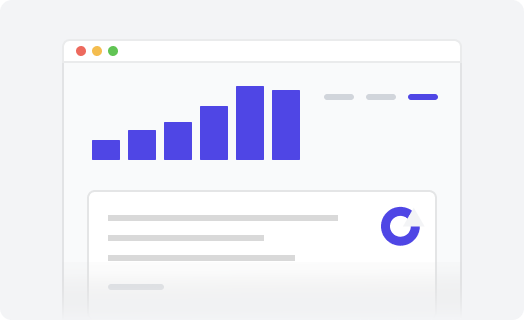
Making your Zendesk help center SEO optimized for search engines is similar to opening new doors to your business since you can reach more customers by targeting organic traffic.
Since major search engines may change their strategies and terms occasionally, it may sound like a mission impossible to adhere to all of them. And yet, the most basic ones need to be taken care of. The Zendesk knowledge base offers its users essential and advantageous inbuilt SEO tools that will address many tasks and save you time. Still, to get the best results, there are certain areas worth considering.
How the Zendesk help center enters the game of SEO
Any successful SEO optimization is based on three things: content, links, and structure.
Zendesk simplifies SEO tasks for its customers considerably by providing the following:
- Automatic meta description tags from the first 140 characters of your article or post;
- Smart and clear URL structure, which makes it readable and recognizable by both people and most peculiar search engines;
- HTTPS only is the rule for Zendesk help center pages, which Google has highly appreciated since 2014;
- Duplicate content minimization by using canonical URL tags that hide it from search engines;
- High speed ensures higher ranking in search results. To achieve this, Zendesk monitors its knowledge base performance regularly; they use caching, optimize code, and remove redundancies;
- Temporary redirects will help keep 302 pages to a minimum;
- The mobile-friendly help center is favored by Google search results. Please note that when selecting a new Zendesk theme, it’s highly important to test it on different devices;
- Alternate hreflang for correct language indication and better user experience, as the search engines will show the right pages to people from different countries;
- An automatic XML sitemap helps people find articles, sections, and categories via the robots.txt file within your knowledge base.
How to build a help center capable of reducing tickets?
Read the white paper and learn how to make the most of your self-service.

Best strategies for SEO optimization
Content
One of the primary reasons for Google as well as other search engines to rank your pages high is original and quality content. Even though it may sound trivial, it’s highly recommended to avoid using mass-produced or paraphrased content from other Internet resources.
Keywords
Keywords have the most value when used in titles, headers, descriptions, summaries, and first sentences of the sections on your Zendesk help center. However, an extremely high degree of keyword density (keyword stuffing) can have quite a severe negative effect on the entire article and be considered webspam or an attempt to manipulate search results.
Titles
Every title describing the page content on your Zendesk knowledge base counts; it adds value and should be treated as an ad after seeing whether a person will decide to read further or quit. At the same time, using keywords and synonyms discreetly in the titles is also crucial. If you need to hire masters in copywriting, go ahead and do so because their service will be paid back to you in the long-term perspective.
Generally, titles have the most weight in a piece of content, followed by labels and the body.
Labels
Creating several word labels with white spaces is another brilliant idea that can be applied in your Zendesk help center. Even though underscores and spaces are not interchangeable in searches, and most users do not search with underscores, SEO experts recommend including both types of labels.
Reader experience
An excellent, or at least good, user experience on your Zendesk knowledge base should be the primary focus, which can define all other elements, such as interlinking articles so that URLs are visible, avoiding keyword stuffing or using visuals and quotes.
Promotion
Highlighting the most useful content on your Zendesk help center by making announcements on other corporate pages, including social media, is a great practice to earn higher rankings amongst search engine results. Yet, be careful not to use this kind of promotion too often. It’s better to be selective.
Analysis
Keep an eye on your visitors and your content. Google Analytics is one of the best of its kind as you can gather and analyze many criteria, which will provide SEO results, the bounce rate, a summary of customers’ actions, etc.
Mechanisms of Zendesk help center improve your SEO results
Even though Zendesk assists you regarding SEO optimization by providing many automatic tools, you can multiply the results by taking care of the essence of your knowledge base.
Hopefully, now you have all the cards open in front of you, and you have a clear picture of what can be done on its own without your involvement and what needs to be addressed to have an SEO optimized Zendesk help center.
